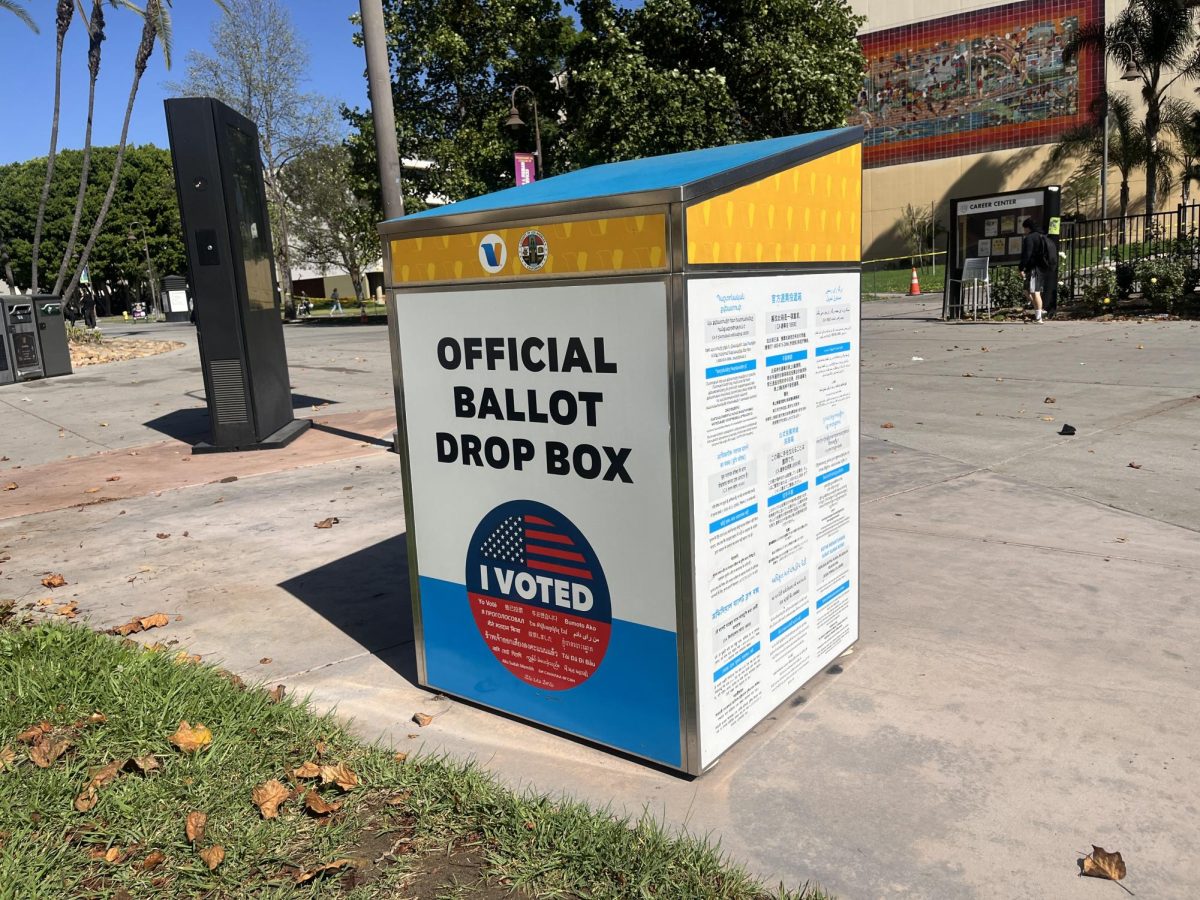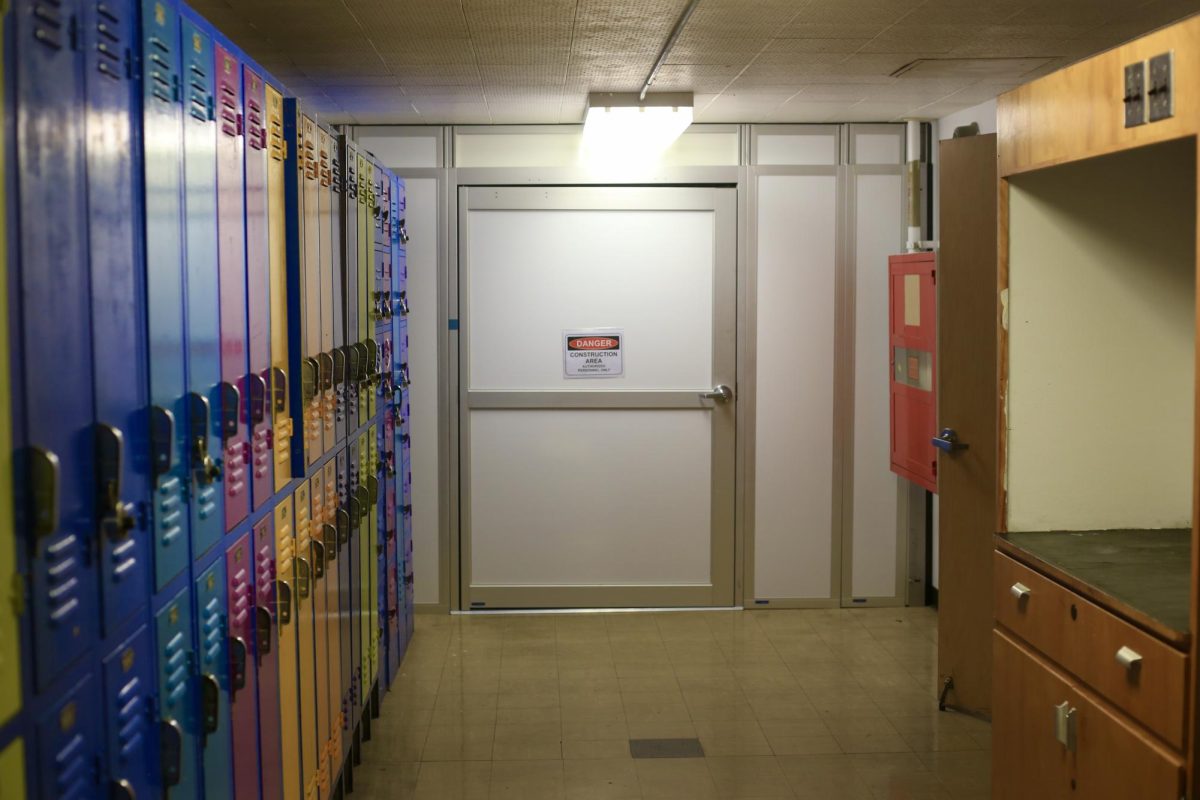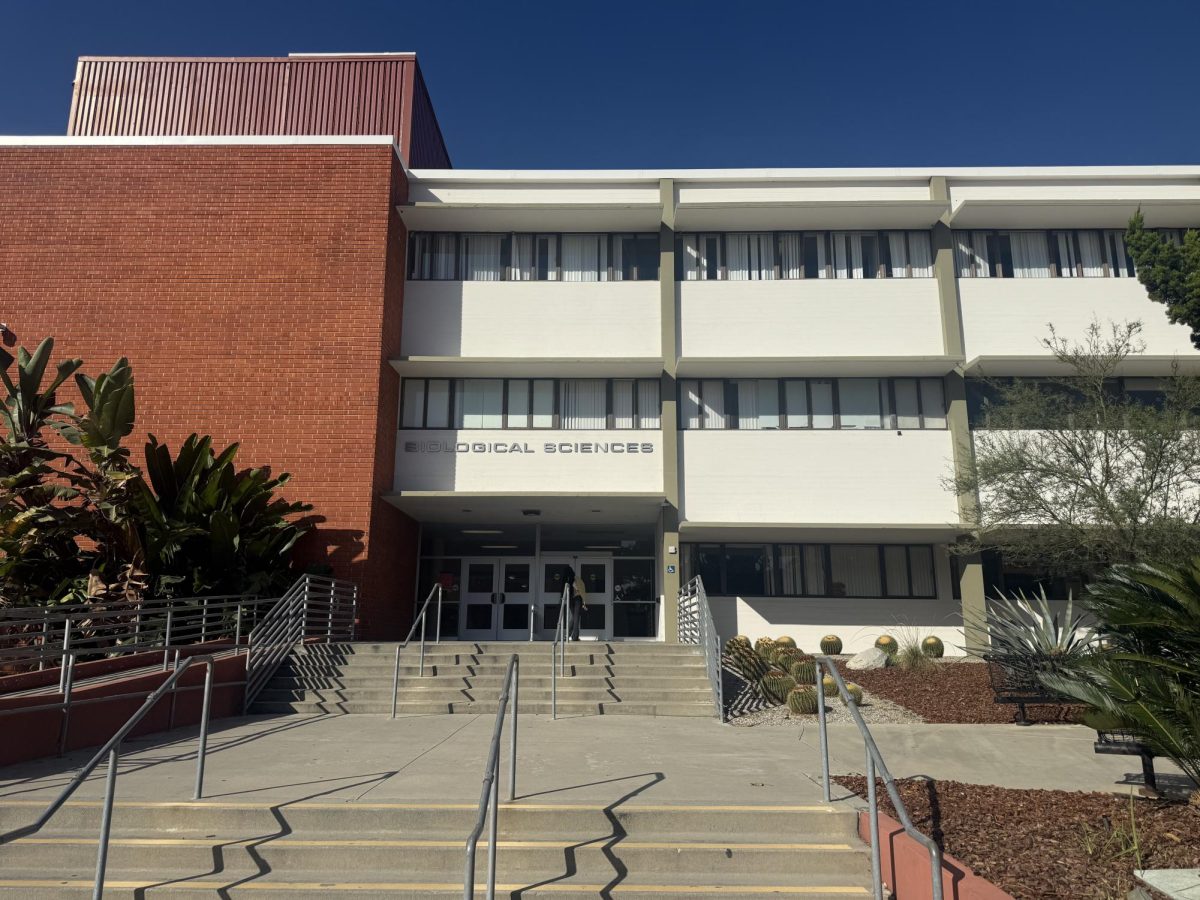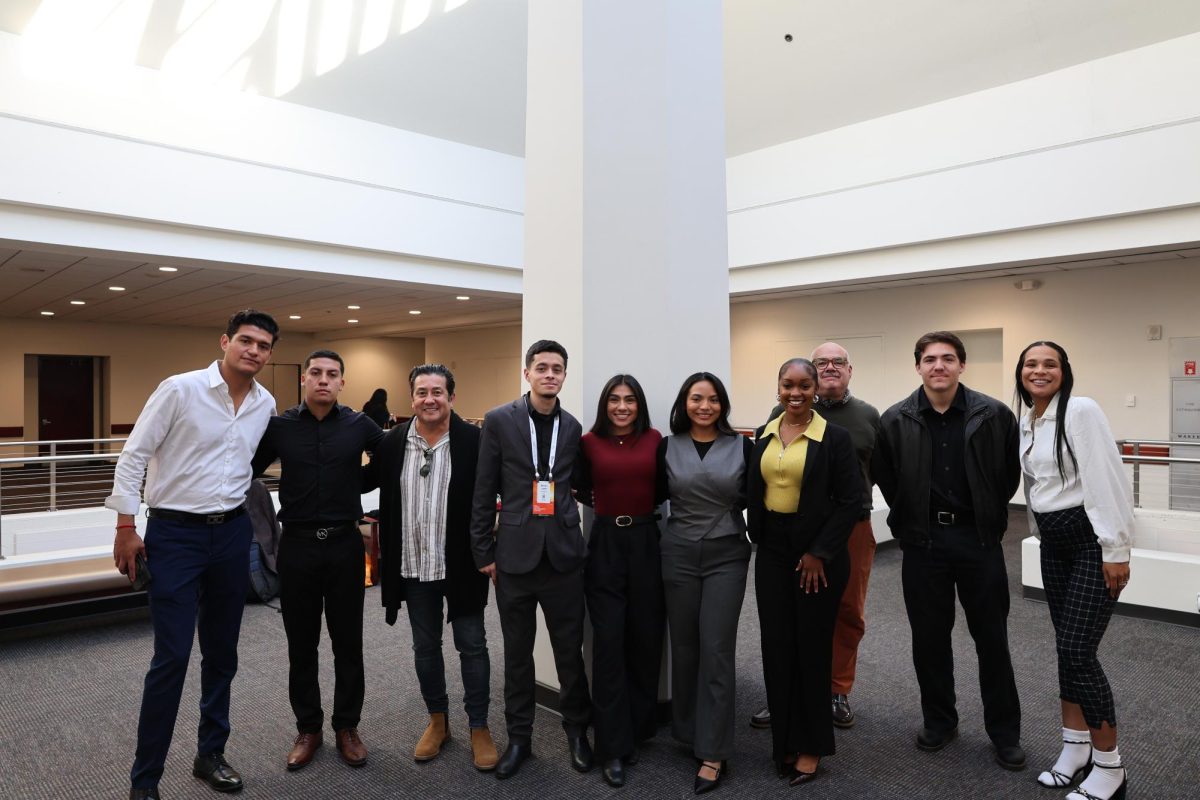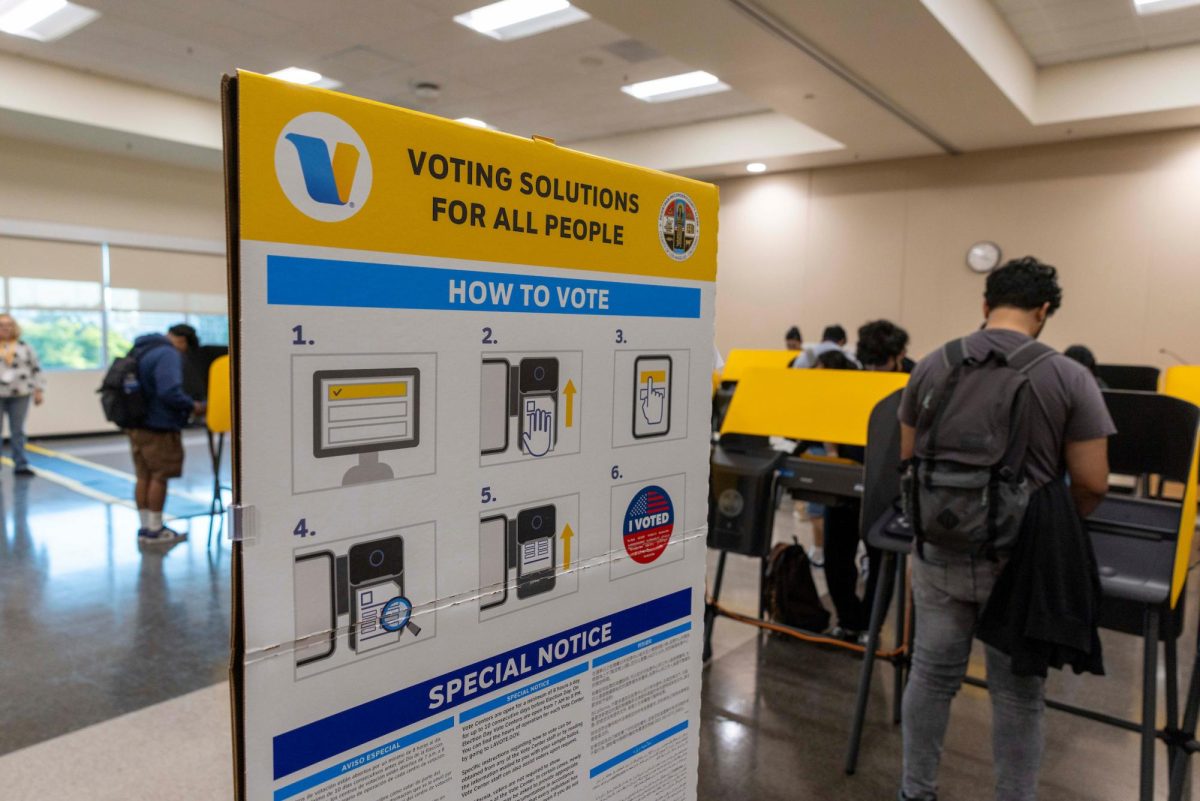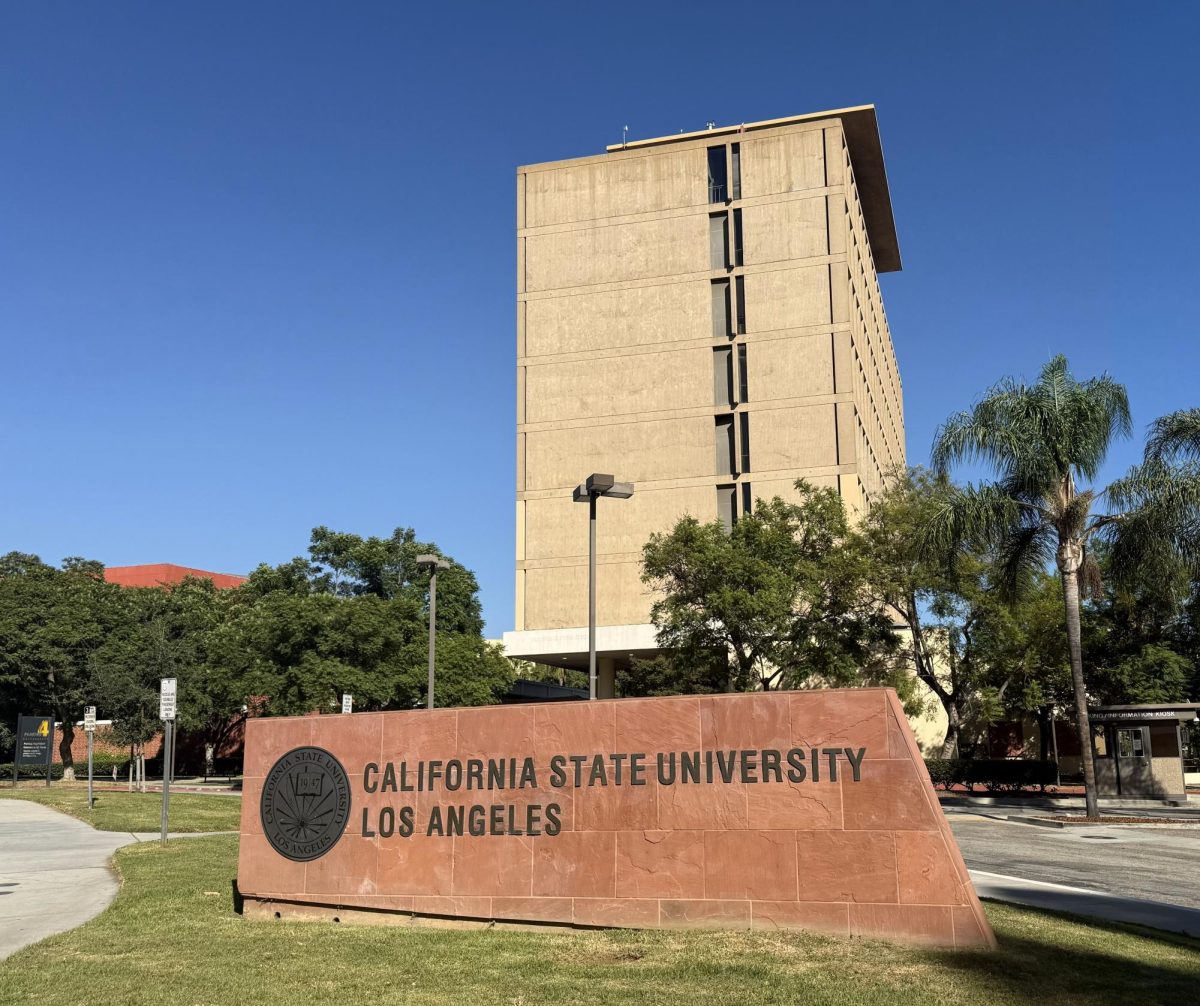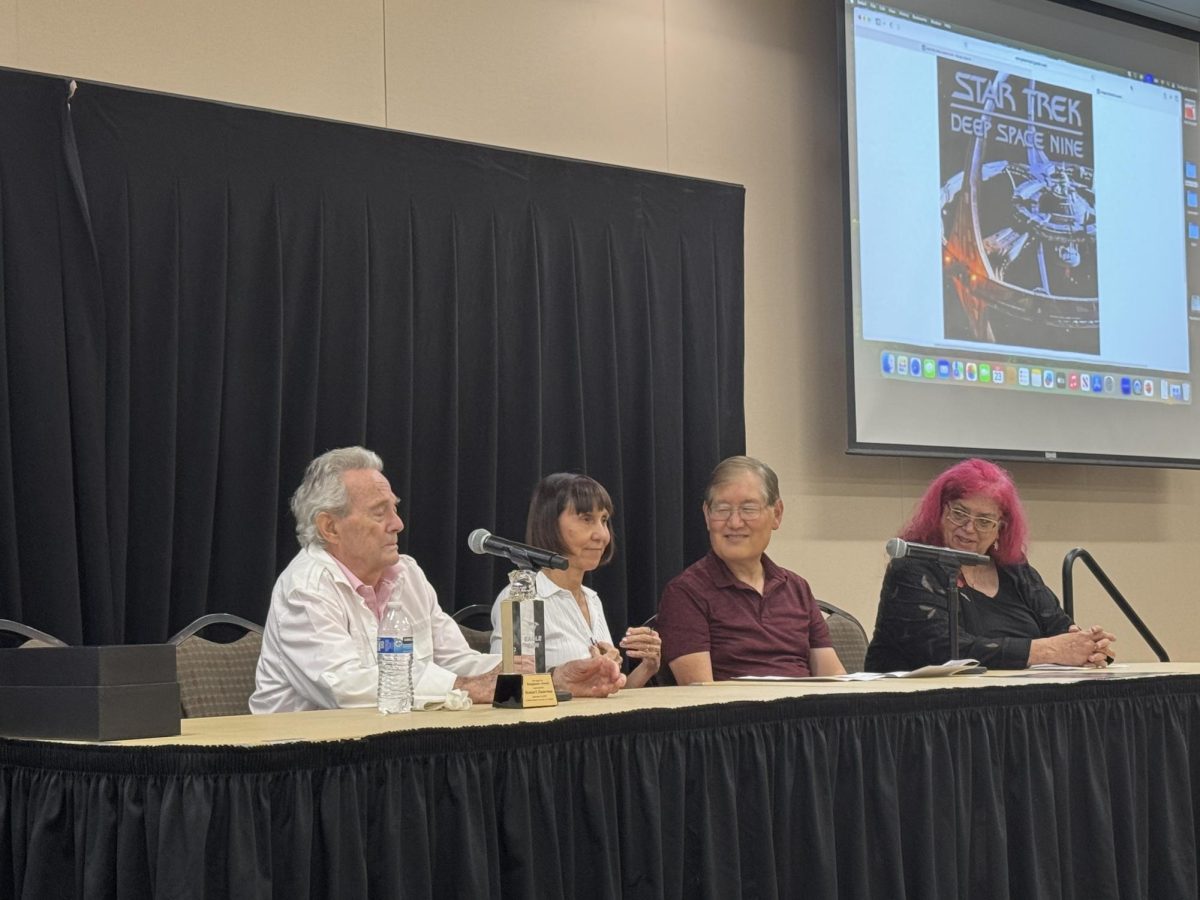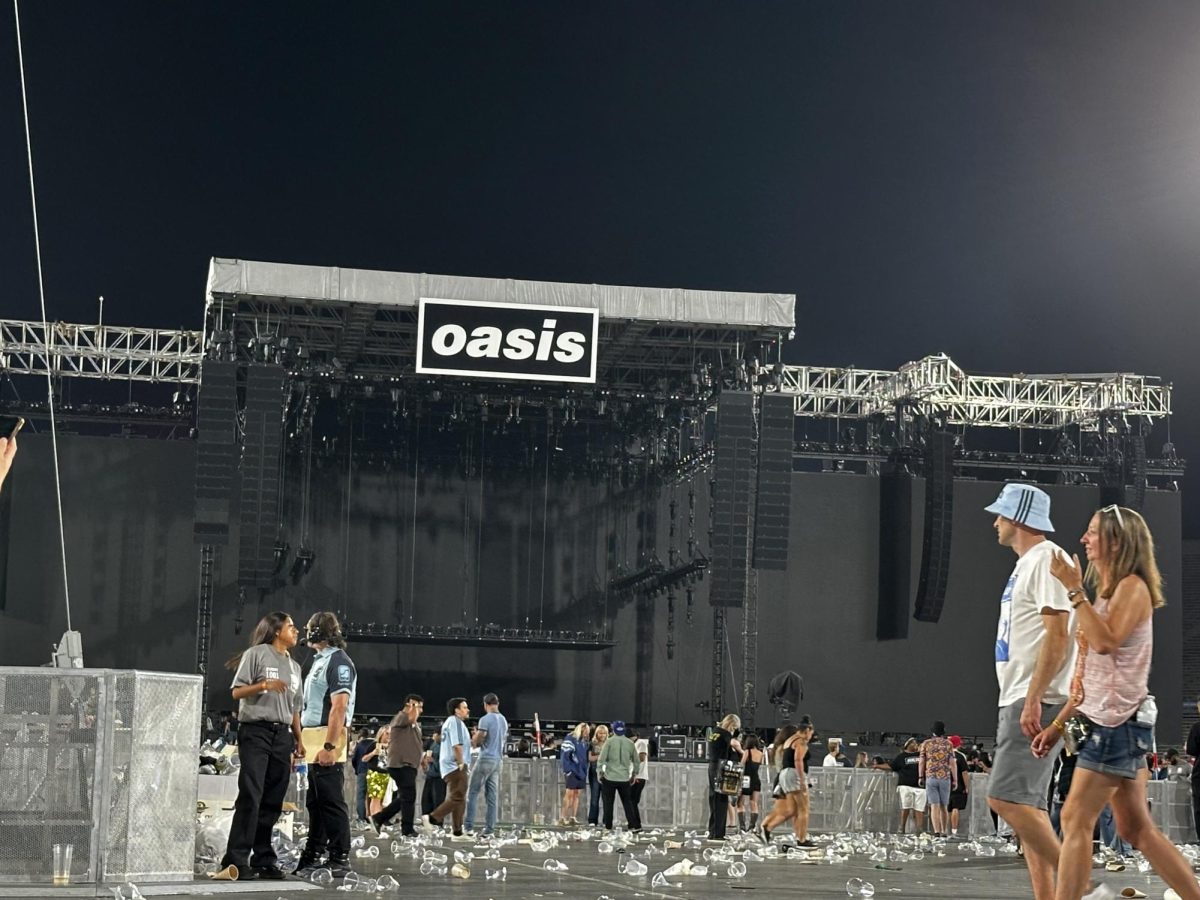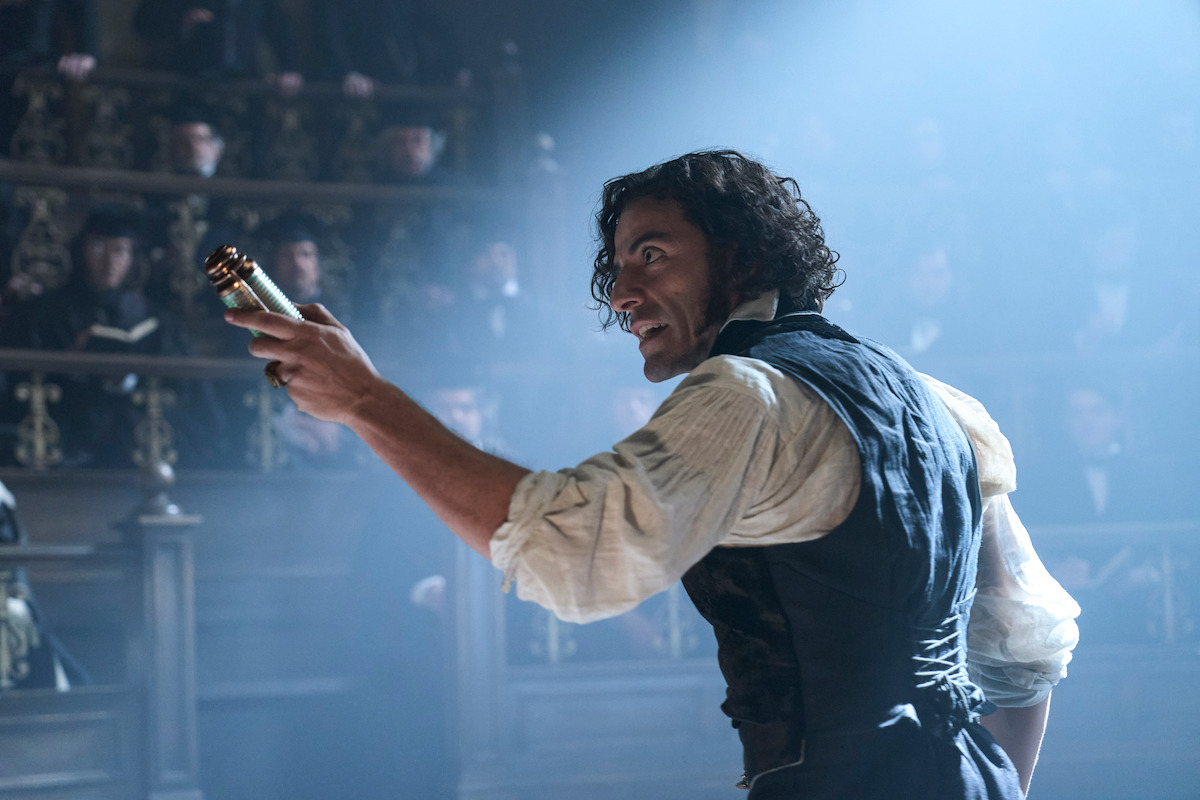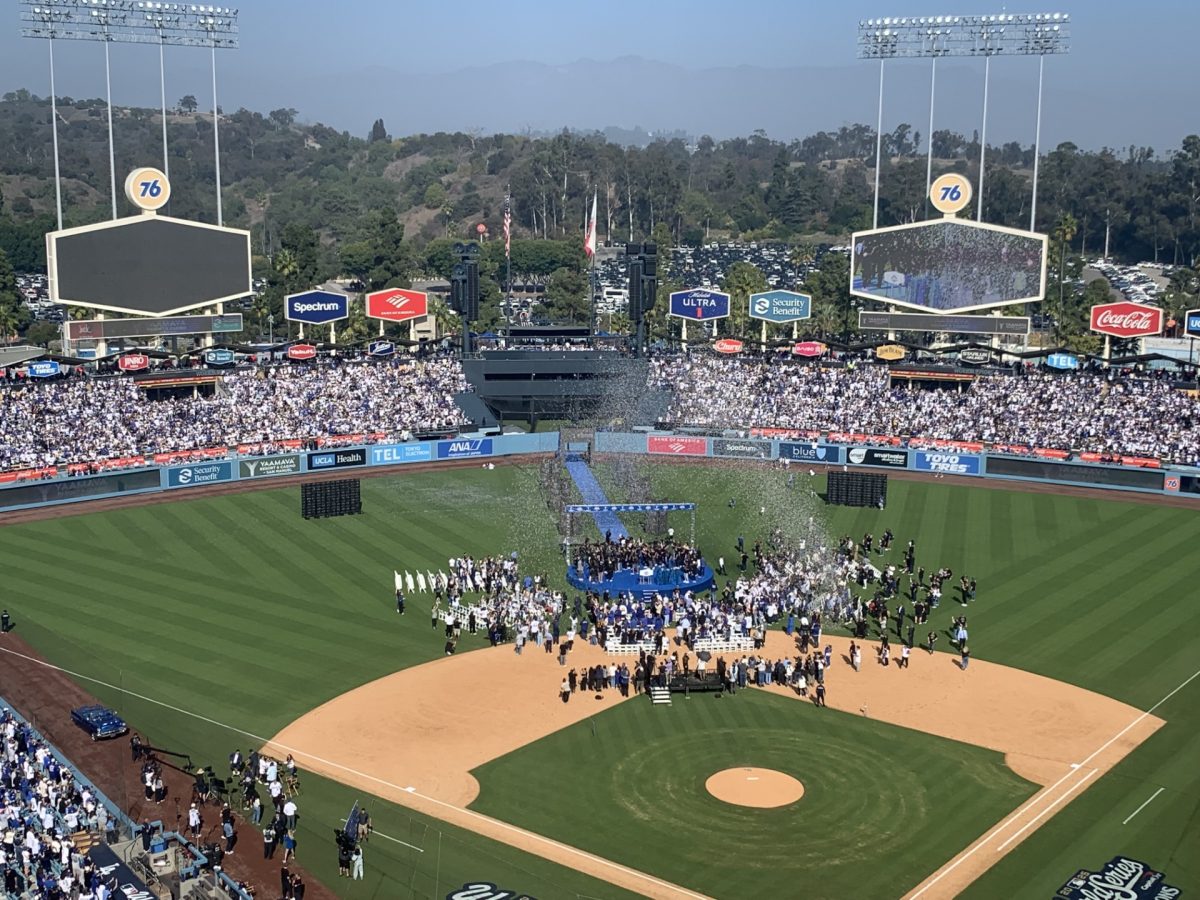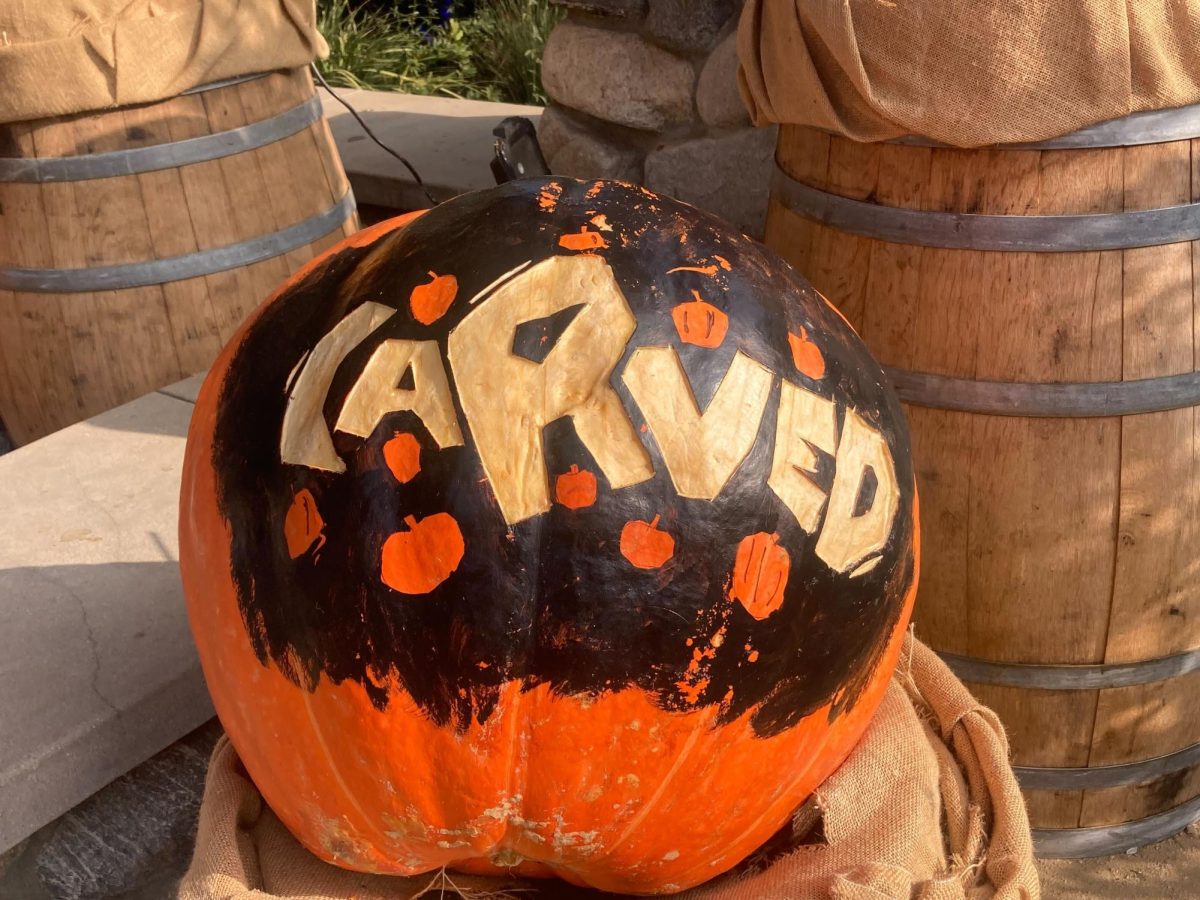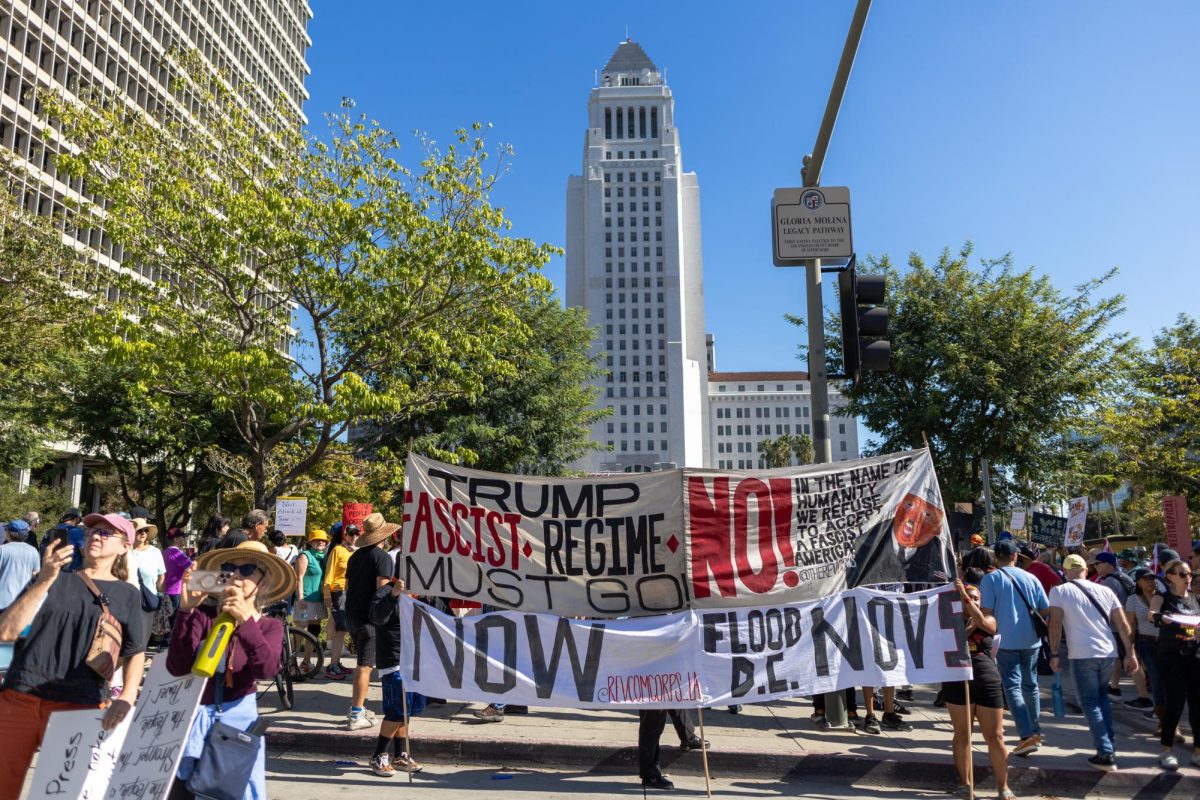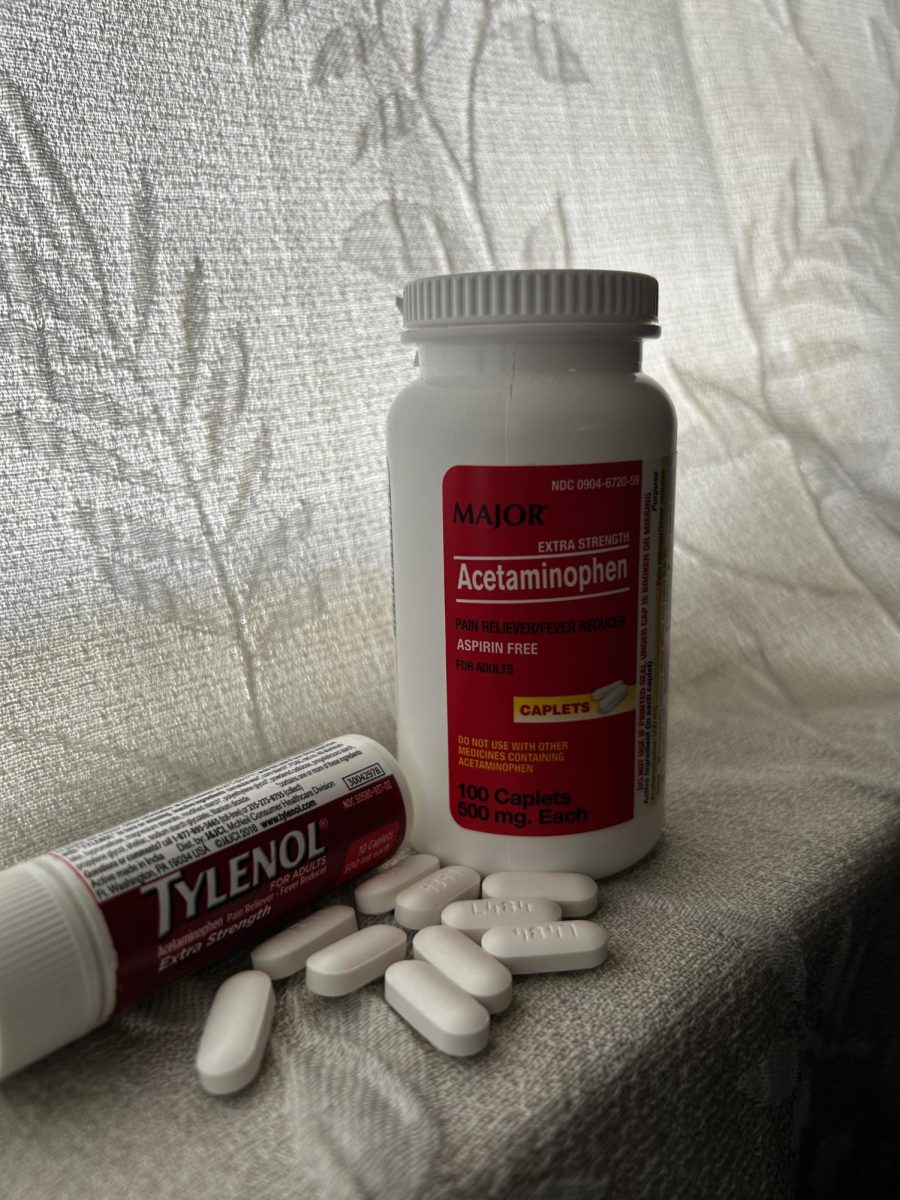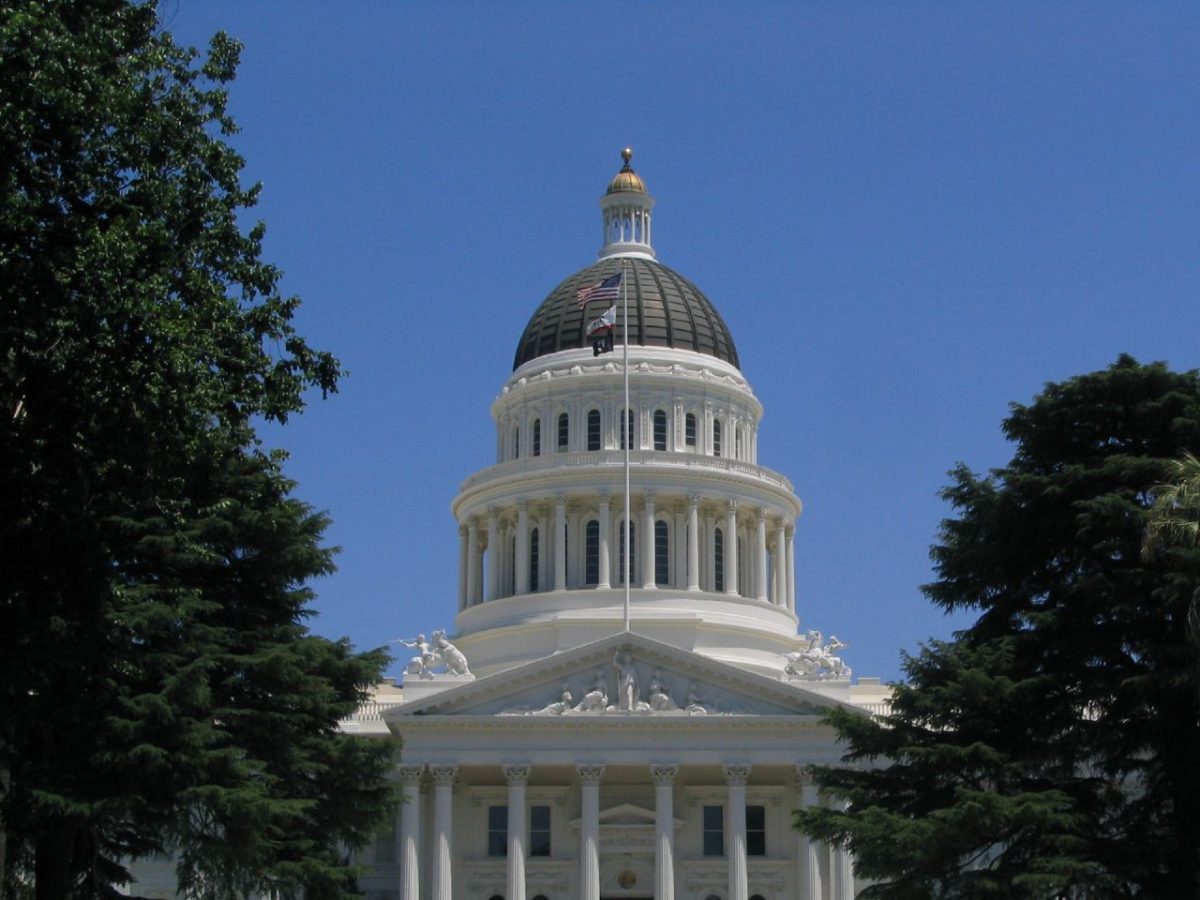Election Day draws closer, and Gen Z may be a deciding factor yet again. According to Tuft University’s Center for Information & Research on Civic Learning and Engagement, Gen Z turnout in the 2022 midterms was higher than Gen X and Millennials when the earlier generations made up the 18-24 age demographic. Almost 41 million members of Gen Z will be eligible to vote in the 2024 election.
Cal State LA will feature a voting center on campus at the University-Student Union in the Los Angeles rooms, where students and staff can cast their ballots starting Nov. 2 through Nov. 5. An official ballot drop box has also been installed across from Parking Lot 4 across from the Career Center, where students can deposit their mail-in ballots safely and securely.
Both Vice President Kamala Harris and former President Donald Trump have been attempting to strengthen their appeal to young voters through social media and appearances with popular internet celebrities. Notably, Harris leaned heavily into memes and Tik-Tok aesthetics after singer Charli XCX declared “Kamala IS brat” on the platform X shortly after her candidacy announcement. Conversely, Trump joined influencer Adin Ross on his Kick stream, where the controversial personality gifted him a Rolex watch and customized Tesla Cybertruck.
Outreach to young voters is not new for politicians — but the methods have changed over time, according to Cal State LA political science professor Taylor Dark.
“It used to be that the candidates would maybe go around … and give speeches at college towns,” Dark said. “That was how they would reach out to young people, now they do it online. Is that any different?”
Among the student body at Cal State LA, there is a wide range of political views on where American politics is heading and outlook on the current political landscape. First-year commercial music major Jadyn Sanchez describes himself as a moderate, and said will cast his vote for Harris.
Some students hold a more cynical and disillusioned outlook on the election, such as Cesar Chautla. He described his feelings in blunt terms: bleak.
“I think there is no political party that represents the American interest, and I also think there is no left-leaning political party in America,” said Chatula. He added that he does not plan on voting in the election.
One sentiment expressed by some students was feeling like both parties were not adequately addressing key issues important to them. Student Yuna Chan felt that the candidates had not tackled the topic of education enough to warrant her vote.
“I’m unhappy with it considering that education is a very important thing in our generation and … it should be debated about more,” she said. “I believe that the political debate that they had was much more childish instead of educational for the rest of us.”
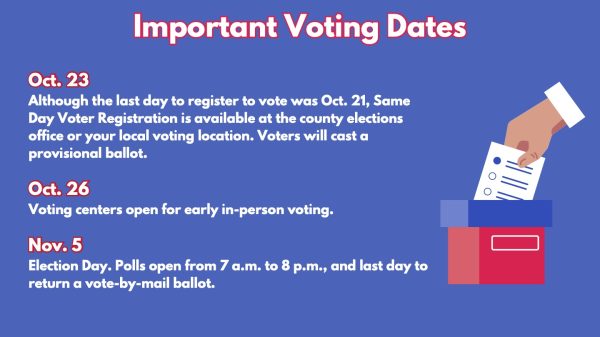
Dark said that trust in the government has continued to erode since the 1960s. According to surveys by Pew Research, trust fell from 77% in 1960 to 36% by the 1970s. While there have been some upward trends during the 1980s and late 1990s, less than 20% of Americans say they can trust the government today.
He said that while trust has waned, the core issues for voters have remained the same throughout the years.
“People are concerned about paying the bills, paying off student loans, being able to afford a place to live,” Dark said. “Those are basic bread and butter issues that I think are still of concern to most young people.”
California voters will have the opportunity to make direct changes to state policy through propositions. These include raising the minimum wage to $18 an hour, increasing funding to K-12 schools and community colleges, and affirming same-sex marriage in the state constitution.
Dark reminds students and first-time voters that there is more to vote on in this election than the two candidates at the top of the ticket.
“It can make a difference in the actual physical nature of your existence, as well as for the policies that you care about. Everyone should vote,” Dark said. “Get in the habit of voting because it makes the system more responsive to the needs that people have.”
To read the University Times Community News voter guide on statewide propositions, visit https://csulauniversitytimes.com/2024voterguide/.
This article was first published in the October 23 print edition of the University Times.

